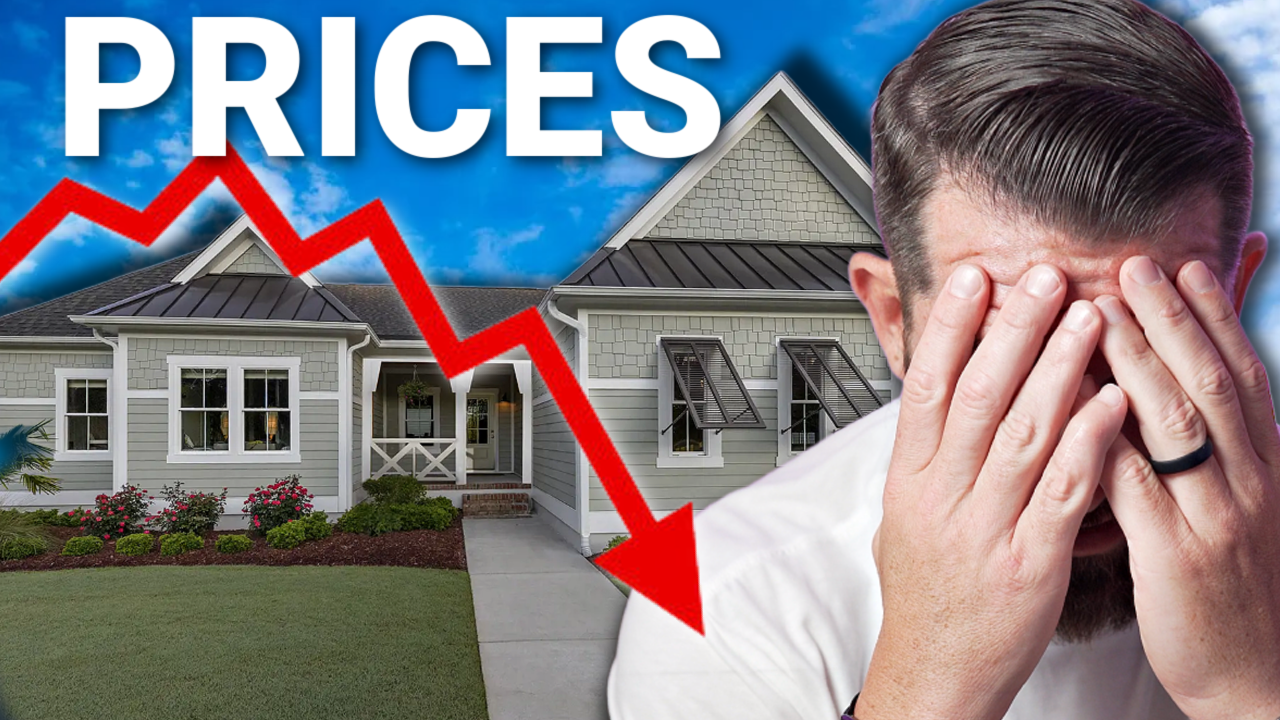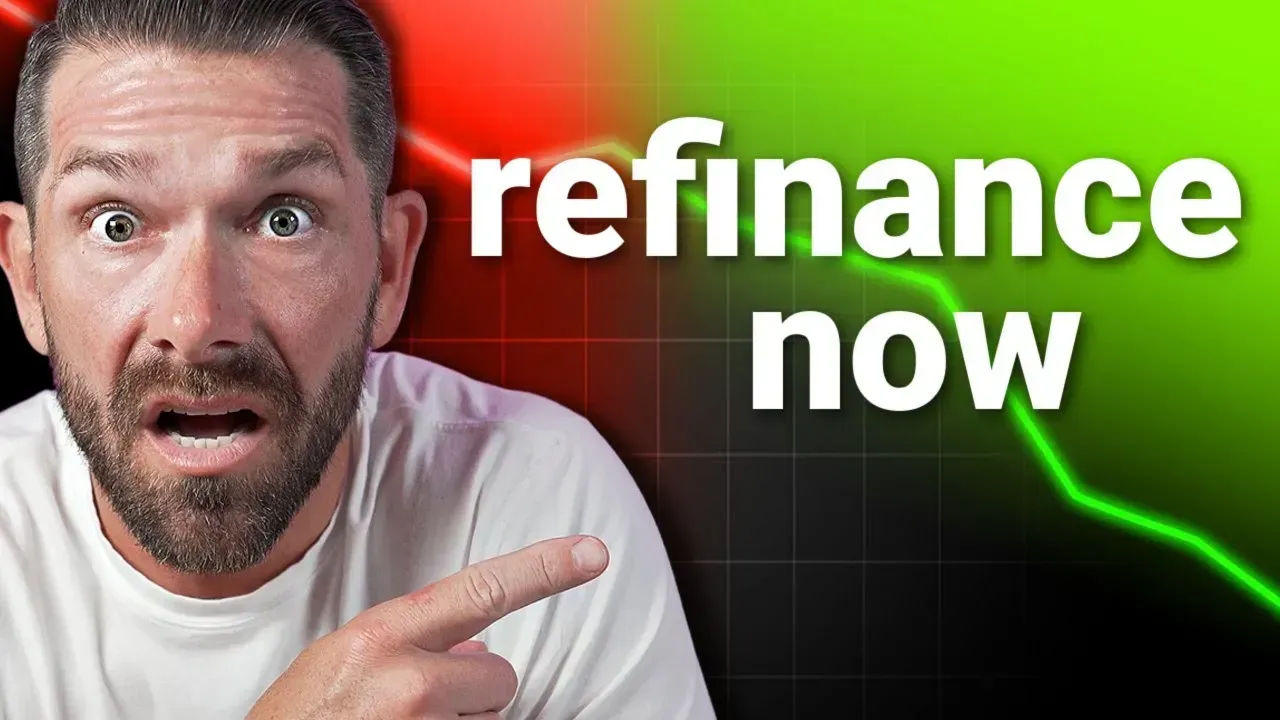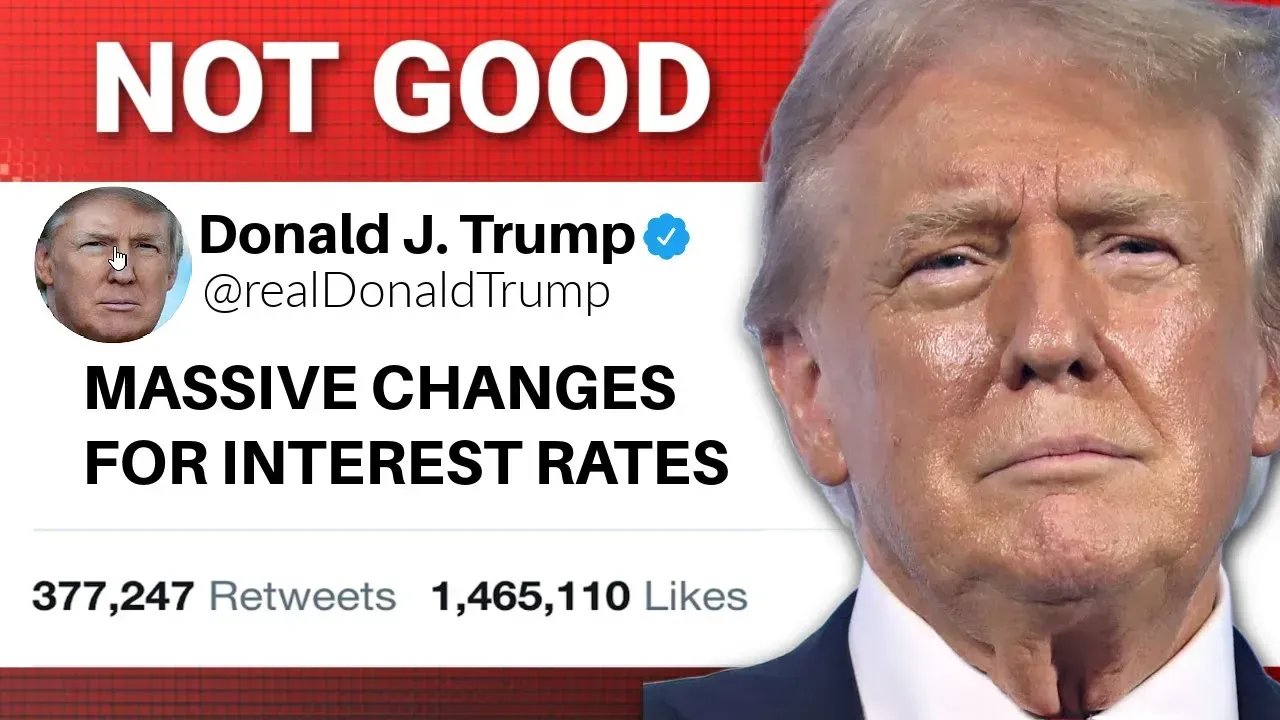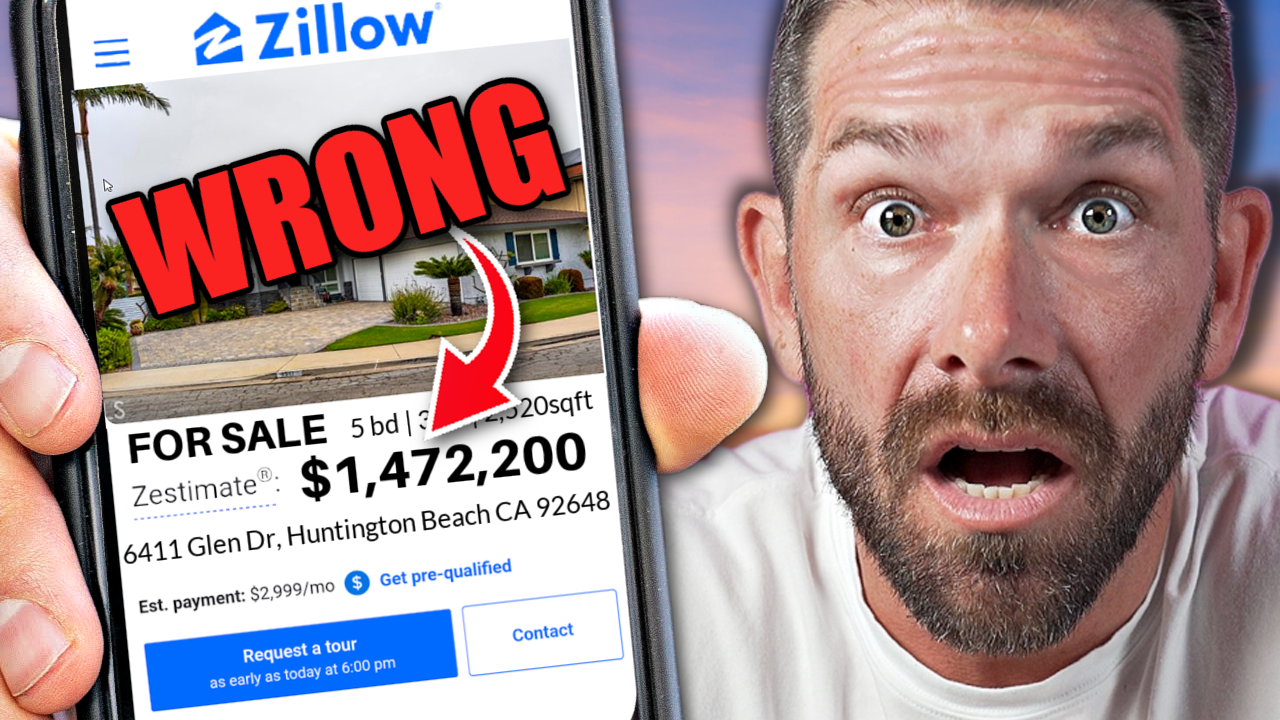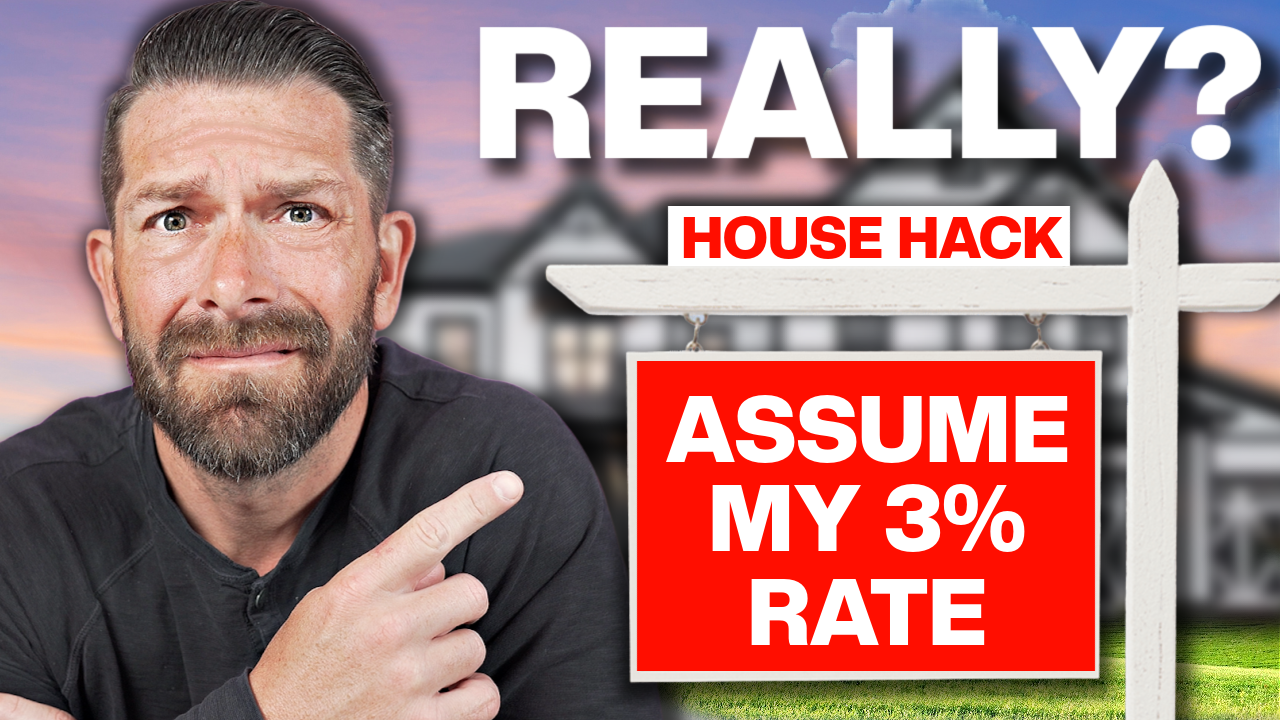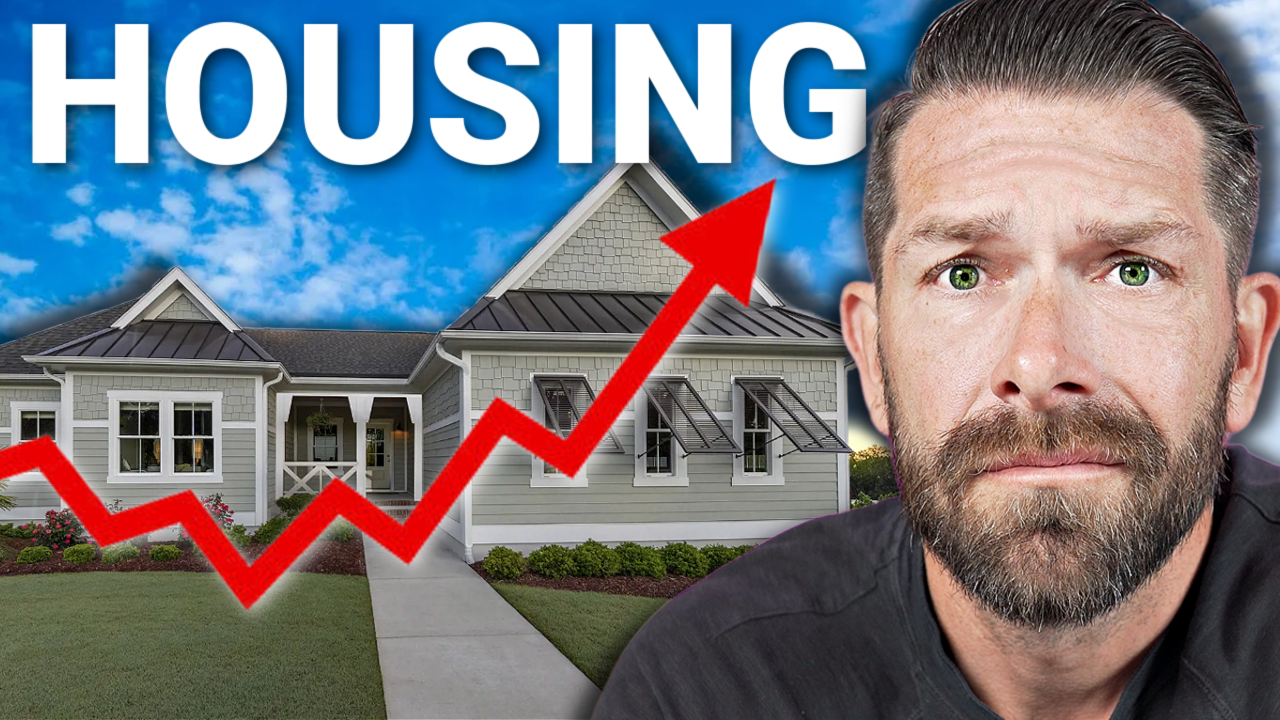How a Recession Could Impact Mortgage Rates and Home Prices in 2025
Get The Latest OC Housing Report
How a Recession Could Impact Mortgage Rates and Home Prices in 2025
The Federal Reserve (FED) is facing a difficult balancing act between a slowing economy and persistent inflation. If a recession hits, the key question is: What happens next to mortgage rates and home prices? Will the FED be forced to cut rates aggressively, or are we looking at prolonged market volatility?
As we analyze current economic trends, the market anticipates at least three rate cuts in 2025. However, Fed officials have been cautious, waiting for more clarity on inflation and employment trends. Mortgage rates have been fluctuating, recently dropping to their lowest levels in four months, but uncertainties surrounding inflation and economic policies could keep them volatile.
Understanding the Current Economic Landscape
At present, mortgage rates have been hovering between 6.5% and 7.25%, with no clear indication of a major downward shift. The expectation of rate cuts has already been priced into the market, meaning any further drops in mortgage rates will require more economic downturn signals.
Despite the recent cooling of inflation— CPI is down to 2.8% year-over-year —the job market remains uncertain. February saw only 151,000 jobs added, below expectations, raising concerns about employment stability.
Another complicating factor is trade policy. The new tariffs on steel and aluminum from Canada have added an additional layer of economic uncertainty, with potential long-term impacts on inflation and GDP growth.
Historical Trends: What Happens to Mortgage Rates in a Recession?
Historically, mortgage rates tend to decline during a recession as the FED lowers interest rates to stimulate economic activity. For example:
- 2008 Financial Crisis: The FED aggressively cut rates, bringing mortgage rates down from over 6% to around 4% by 2010.
- 2020 COVID-19 Recession: The FED slashed rates to near zero, leading to historically low mortgage rates below 3%.
However, 2025 could be different. Unlike past recessions, inflation remains a concern, and the FED may hesitate to cut rates aggressively. If inflation remains above 2%, mortgage rates might not drop significantly despite an economic slowdown.
Will a Recession Force the FED to Cut Rates?
While there is broad speculation that the FED will cut rates in 2025, it’s important to note that these cuts might not lead to lower mortgage rates immediately. Historically, the housing market does not always respond to FED rate cuts as expected.
Some experts argue that the FED may adopt a wait-and-see approach, delaying rate cuts until economic instability worsens. Others believe that the FED might prioritize financial stability over inflation control, leading to aggressive cuts similar to previous downturns.
Impact on Home Prices
The housing market in 2025 will likely experience moderate price appreciation rather than significant declines. Inventory remains below pre-pandemic levels in many regions, which means home prices are unlikely to drop dramatically.
Regional Differences in Home Price Trends
- High-Growth Markets: Areas like Phoenix, Austin, and Miami may experience slower growth or slight corrections.
- Stable Markets: Cities like Chicago, Philadelphia, and Indianapolis may continue seeing steady appreciation.
- Declining Markets: Areas impacted by insurance costs and climate risks, such as parts of Florida and California, could see price stabilization.
Advice for Homebuyers: Should You Buy Now or Wait?
For potential buyers, waiting for significantly lower mortgage rates or major price declines may not be the best strategy. While rates could trend lower, they are unlikely to drop substantially in the near term. Additionally, if inflation picks up again or the job market strengthens, rates could climb back up, making homes even less affordable.
If you are planning to buy a home, focus on affordability and long-term investment value rather than trying to time the market perfectly. Mortgage rates may remain volatile, but opportunities to refinance in the future will likely arise.
What Should Sellers Expect?
Homeowners looking to sell should be aware of regional trends that could affect their pricing strategy:
- Sellers in high-demand cities(New York, Dallas, San Francisco) will likely continue to benefit from limited inventory.
- Sellers in overvalued markets should prepare for longer selling times and potential price reductions if affordability continues to be an issue.
Final Thoughts
- Mortgage rates are expected to stay between 6% and 7.25% in 2025.
- The FED may cut rates, but mortgage rates won’t necessarily follow.
- Home prices are expected to appreciate 3-4% annually, rather than decline.
- Market volatility will remain, making it essential for homebuyers to focus on affordability rather than speculation.
- Investors should carefully evaluate rental demand and operational costs before making purchases.
- Sellers should adapt pricing strategies based on local market conditions.
If you are considering buying a home, waiting for lower rates might not be the best approach. Instead, be strategic, stay informed, and be prepared for both rate hikes and potential opportunities to refinance in the future.
Would you buy a home in 2025, or are you waiting for lower mortgage rates? Let us know your thoughts in the comments!

